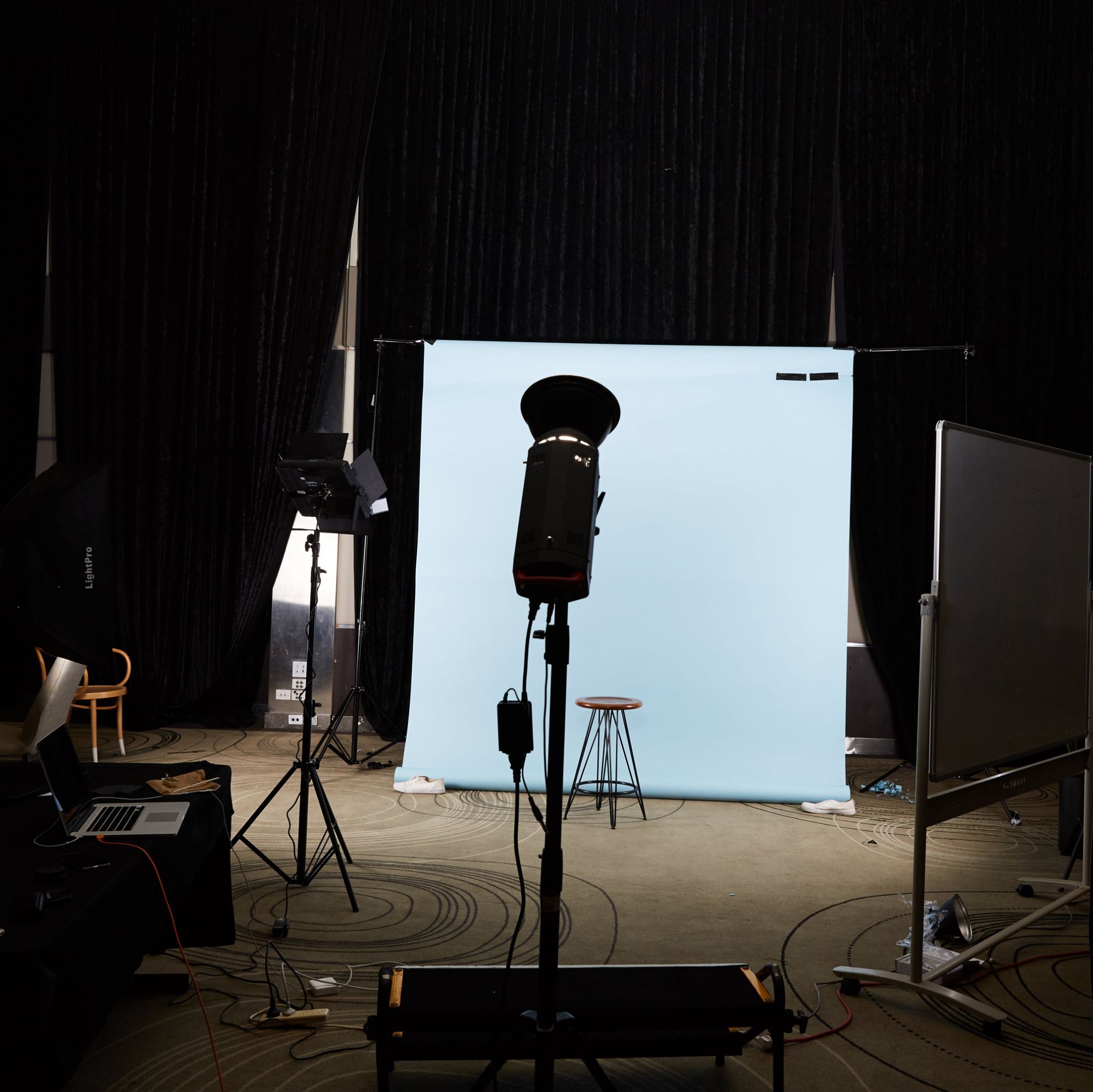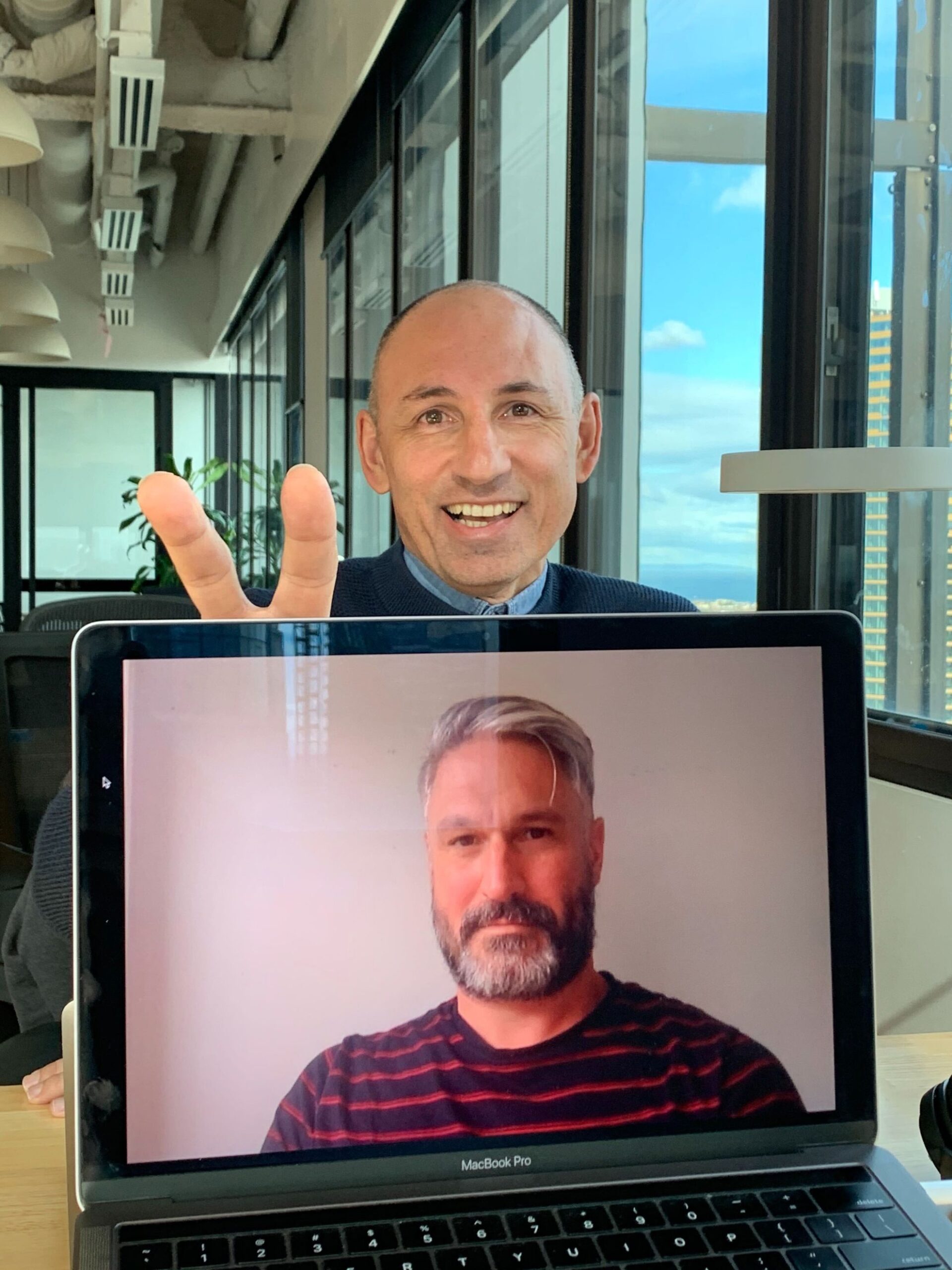
10 Years Of Hunter – Part 1
Hunter began in 2010 with a mission: to create value for our clients. In the last decade, we’ve done that, becoming one of Australia’s top branding agencies on the way to more than a billion dollars in created value for start-ups, scale-ups and bigger brands in search of a reboot.
On the occasion of our 10th anniversary, we wanted to take a look back with founders Matt Gibbins and Simon Hakim to see what was learned, what has changed, and what advice they have for the future.
In this first instalment, Matt and Simon apply a little hindsight to talk about what they got wrong and what others got wrong about Hunter.
Looking back to Hunter’s 2010 launch, what do you think you got wrong at the time?
Matt: When we started, I was leading creative from Auckland and Simon was in Melbourne. People couldn’t really comprehend our set-up or the entrepreneurial, disruptor mindset we were inspired by. I think we underestimated how the business model would be perceived, for one thing. People couldn’t understand how we could work effectively together from two different cities. There was prevalent notion that agencies could only operate under one roof. Now, remote working is much more commonly understood, especially in the time of COVID-19. Another thing we got wrong was trying to be ‘all things to all people’. We were hustling like a traditional agency whilst trying to offer the focus of a specialist. It was a lot to balance as resources spread too thinly. Now we’re much more dialled into what we’re good at and also how we can create the most impact.
Another thing we could have realised earlier was how much good processes on the operational side support the work on the creative side. Better processes earlier on could have helped us avoid other issues, too, especially around hiring needs. But as we all know, that’s typical for a start-up!
Simon: In hindsight, a lot of what we got wrong comes down to under or over estimation. We underestimated ourselves and the quality of our own work in the marketplace, with the result that we gave it away too cheaply. We underestimated the time and cost of creation, having to learn to factor in time for exploration and iteration. The creative process is rarely linear.
On the other hand, we overestimated our expansion plans. We expected to expand into London within a year of launch but in the end, the time and cost didn’t make sense. We’re happy with our Australian and New Zealand setup but our ambition to grow is still there.
We also assumed too much. We were doing something with Hunter that hadn’t really been done before and we thought the value of it was self-evident. But without a template to point to, communicating what we did to new clients (in a category stuck in the old world) was challenging at first. That’s something we’ve gotten better at doing over the years.


What do you think other people get wrong about Hunter?
Matt: We got pigeon-holed by people who wanted us to fit into a role they were comfortable or familiar with, rather than understanding that we were coming to them with a different offering.
We also probably gave people the impression that we would take on any job and say yes to any budget. It’s a classic mistake most creative start-ups make in the race to win, grow and get your name out there. Part of that was an effort to be responsive, meet clients’ needs and solve their problems – but we were, in fact, selective in the clients we worked with then, and we continue to be selective today. A good client fit is important to us.
And I suspect that people thought Simon and I would kill each other. Obviously, we didn’t.
Simon: There was a sense that Hunter wouldn’t last. The ad industry can be a rough one for independents and some of the agencies that started up around the same time as us did not last, so perhaps the pessimism was understandable. But our longevity is down to our work. Not work for the sake of winning awards, but for the goal of creating value for clients – and we’ve proven that over and over again.
We also heard that launching offices in Australia and New Zealand could never work – mainly because people didn’t understand the benefits of remote working or the advantages it could bring us. Matt and I thought of Hunter as a small global agency from day one, with the ability to attract clients wherever they were in the world. We could seamlessly transition with clients across the Tasman rather than having to start up new offices, compete on P&L or any of that. Financially, the offices work as one.
People also underestimated our passion and drive. A lot were surprised by the standards of our work, both creatively and strategically. We’ve done some pretty amazing work for some amazing clients.